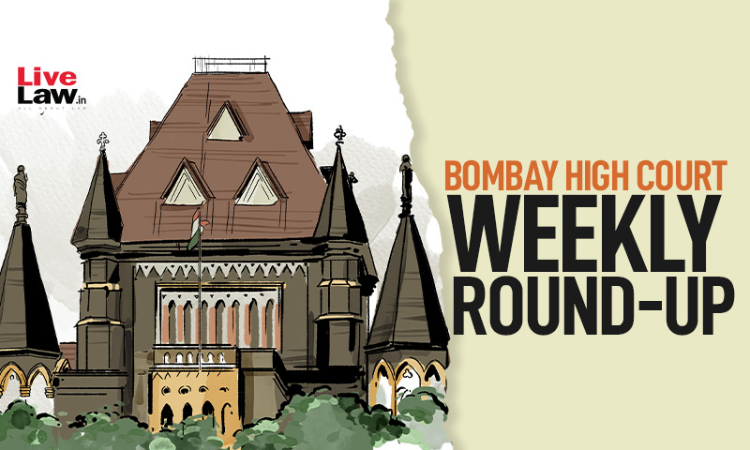Next Story
13 March 2022 3:07 PM IST
NOMINAL INDEXSanjay v. State of Maharashtra and Ors. Anurag s/o Jamnashankar Pandey Vs. State of Maharashtra Savina R Crasto vs Union Of India Pigments & Allieds Vs. Carboline (India) Pvt. Ltd. and Anr. Intezar Hussain Sayed vs Zee Studios & Ors Shankar Bhimrao Kadam & Ors vs Tata Motors Limited Basant Singh and Ors. v. Autar Kaur and Ors. Janak Vyas vs State...

